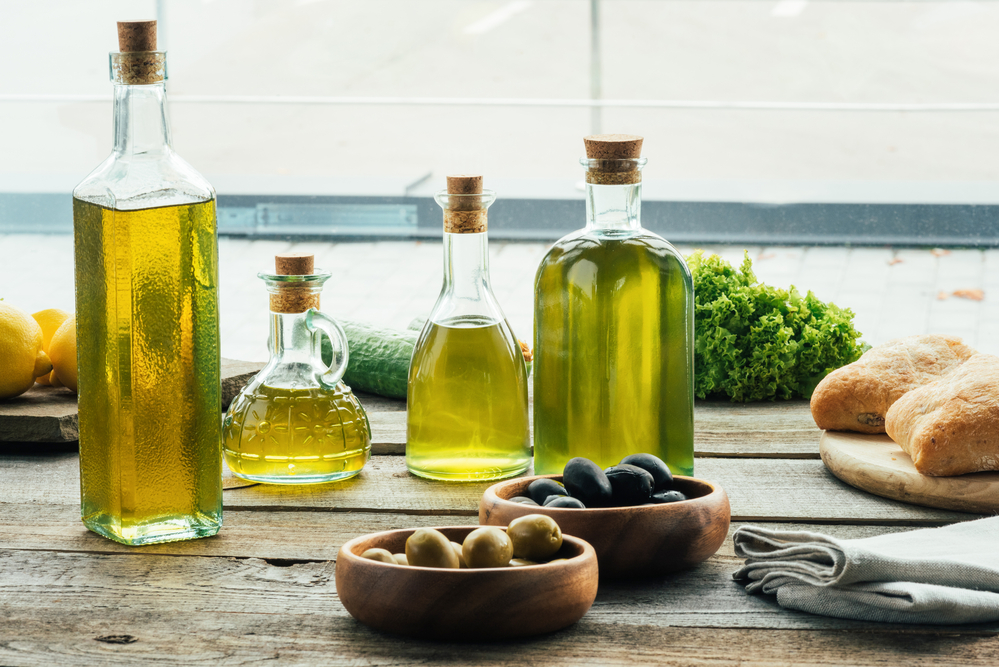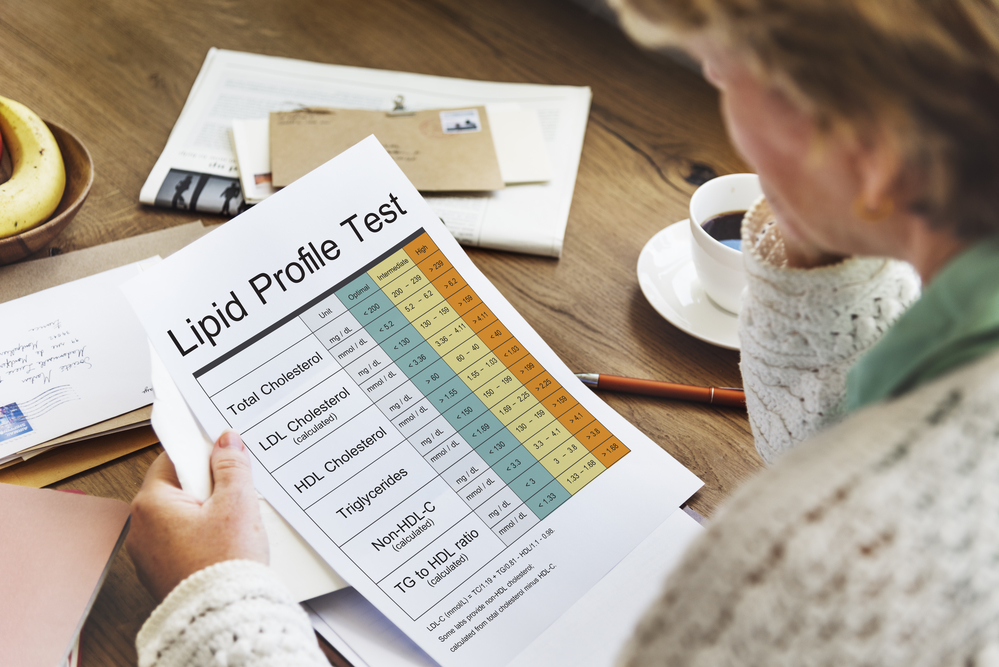High olive oil consumption can reduce cancer risk
 Olive oil is a popular edible cooking oil and listed as the King of the Fatty Oils for its various health benefits.
Olive oil is a popular edible cooking oil and listed as the King of the Fatty Oils for its various health benefits.
Like peanut oil, corn oil and sunflower oil extracted from plant seeds, olive oil comes from a plant fruit named Olea europaea native to the Mediterranean coast. About 90% of harvested olives are processed into fatty oils.
What are the health benefits of olive oil?
Monounsaturated fat is good for people with high bad cholesterol. It can increase the level of high-density lipoprotein HDL (good cholesterol) and reduce low-density lipoprotein LDL (bad cholesterol) levels.
Olive oil is a monounsaturated fat called oleic acid, accounting for 73% of the total oil content. It is the healthiest fat found so far, known as liquid gold by the Homer. Olive oil intake is potentially linked to reduced risk of coronary heart disease.
Olive oil also contains rich vitamins and large amounts of antioxidant phenolic compounds which have antioxidant and inflammatory properties.
Why olive oil is superior over other vegetable oils?
Unlike polyunsaturated fats can only help reduce bad cholesterol levels in the blood glucose, monounsaturated fats can reduce bad low-density cholesterol levels while keeping good high-density cholesterol levels. Olive oil has the highest ratio of monounsaturated to polyunsaturated fatty acids among vegetable oils.
Can olive oil reduce cancer risk?
Olive oil components regulate receptors, signaling kinases and transcription factors, which are involved in cellular stress and inflammation, lipoprotein metabolism and damage to exert a protective role on the tendency towards cell malignancy.
A meta-analysis study, published in the journal PLOS ONE, reviewed 45 studies to evaluate the association between olive oil intake and cancer risk, and the results showed that highest olive oil intake was associated with 31% lower likelihood of any cancer. The participants involved in the studies were from both Mediterranean and non-Mediterranean regions.
High olive oil consumption is also associated with a lower risk of death from any cause over 28-year follow-up, according to a Harvard study published in the Journal of the American College of Cardiology. The study pooled the results of two large Harvard studies including more than 92,000 healthy men and women in the United States.
How much olive oil per day?
The United States Department of Agriculture recommends 1 or 2 tablespoons of olive oil daily. According to the Harvard study, people can benefit from a reduced risk of death from heart disease cancer, and neurodegenerative diseases when taking more than half a tablespoon of olive oil daily.


